The Biggest Challenges And Pitfalls Of Data-Driven, AI-Enabled HR
22 January 2024
Amid the rapid evolution of digital landscapes, data and AI have emerged as critical tools in human resource (HR) management — but these advancements present both promise and perplexity for HR professionals. Leveraging data can help HR departments make decisions and can lead to an elevated understanding of employee behavior. If companies are going to give HR teams access to a treasure trove of information, they must think about regulatory compliance as well as ethical and privacy considerations.

At the same time, artificial intelligence (AI) offers the potential to streamline HR processes — but it also introduces another set of challenges. In this article, we'll explore the biggest pitfalls and problems of AI and data-driven HR and give you some ways to offset some of these problems.
HR's Data Dilemma: Compliance, Ethics, And Protection
With the surge in data collection, organizations must navigate a complex maze of regulations so they can stay compliant. HR departments must comply with data protection laws, including HIPAA, CCPA, and GDPR. And compliance isn’t just important from a legal standpoint — it’s also critical for maintaining trust with employees and stakeholders. Non-compliance can lead to financial penalties and reputational damage.
HR teams also need to make sure that their data usage stays within their companies’ ethical boundaries. Transparency is paramount when dealing with data — particularly when it comes to personal information. Organizations must ensure that employees understand what data is being collected, how that information is being used, and how privacy will be safeguarded.
Data breaches are a common occurrence in today's digital age. The aftermath of HR data breaches can be devastating. Compromised data can leave people open to identity theft and can shatter the trust between an organization and its employees. Organizations must continually refine their strategies to keep data safe and ensure its integrity.
AI Ethics And Transparency In HR
AI introduces enormous potential within Human Resources — but just like data, AI comes with a lot of challenges for departments to think through.
With AI systems increasingly involved in employee interaction and decision-making, ethical ramifications become a major point of concern. Intelligent machines are increasingly being used to make decisions within HR, and these decisions impact workers.
Amazon, for example, used algorithms to track fulfillment center employees, leading to automated firings. Every organization looking to implement AI should set up an “ethics council” that looks at these types of issues and how they will impact artificial intelligence initiatives.
Transparency surrounding AI is another critical issue. Just as it's important to understand the underlying rationale of human decisions, it is equally important to be able to see the logic behind AI-generated decisions. HR professionals need to be able to explain the reasoning and decision-making process machines are using. Organizations should strive for transparency to build trust and mitigate fears about AI usage.
The environmental toll of AI is another significant challenge. AI systems consume a lot of energy, and companies must consider their environmental footprint when planning data-driven, AI-enabled HR initiatives.
AI also depends on pristine data. Inaccurate or unclean data can lead to flawed AI-driven decisions, negating the benefits AI could otherwise bring to HR management. Organizations can use these metrics to assess their data:
● Consistency — all data should be recorded and collated in the same way.
● Accuracy — The data needs to be error-free.
● Uniqueness – Every piece of data needs to be unique, and duplicates should be eliminated.
● Validity — Every record or piece of data should be fit for the purpose it’s intended for.
● Timeliness — Data should be relevant with regard to the time at which it was collected.
● Completeness — The data should capture as much as possible of the total availability of data on a particular subject.
Every HR professional needs to be aware of the delicate balance between the potential and pitfalls of data and AI in HR.
Related Articles
The Biggest Barriers Blocking Agentic AI Adoption
By now, “smart” versions exist of just about every home appliance, gadget and gizmos we can think of. However, manufacturers continue[...]
Space, AI, And The Future Of Human Potential
By now, “smart” versions exist of just about every home appliance, gadget and gizmos we can think of. However, manufacturers continue[...]
AI Agents Are About To Reshape The Future Of Business
By now, “smart” versions exist of just about every home appliance, gadget and gizmos we can think of. However, manufacturers continue[...]
The Marketing Metrics That Will Matter Most In The Age Of AI Agents
By now, “smart” versions exist of just about every home appliance, gadget and gizmos we can think of. However, manufacturers continue[...]
AI Travel Hacks And Prompts That Will Save You Time, Money And Stress
By now, “smart” versions exist of just about every home appliance, gadget and gizmos we can think of. However, manufacturers continue[...]
AI Agents Are Already Reshaping Business Leadership And Decision Making
By now, “smart” versions exist of just about every home appliance, gadget and gizmos we can think of. However, manufacturers continue[...]
Sign up to Stay in Touch!
Bernard Marr is a world-renowned futurist, influencer and thought leader in the fields of business and technology, with a passion for using technology for the good of humanity.
He is a best-selling author of over 20 books, writes a regular column for Forbes and advises and coaches many of the world’s best-known organisations.
He has a combined following of 4 million people across his social media channels and newsletters and was ranked by LinkedIn as one of the top 5 business influencers in the world.
Bernard’s latest book is ‘Generative AI in Practice’.




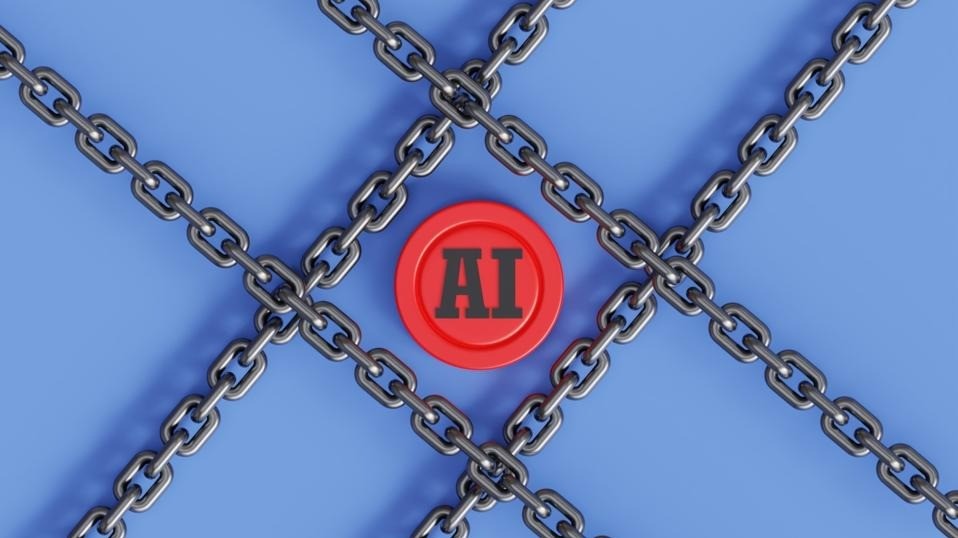
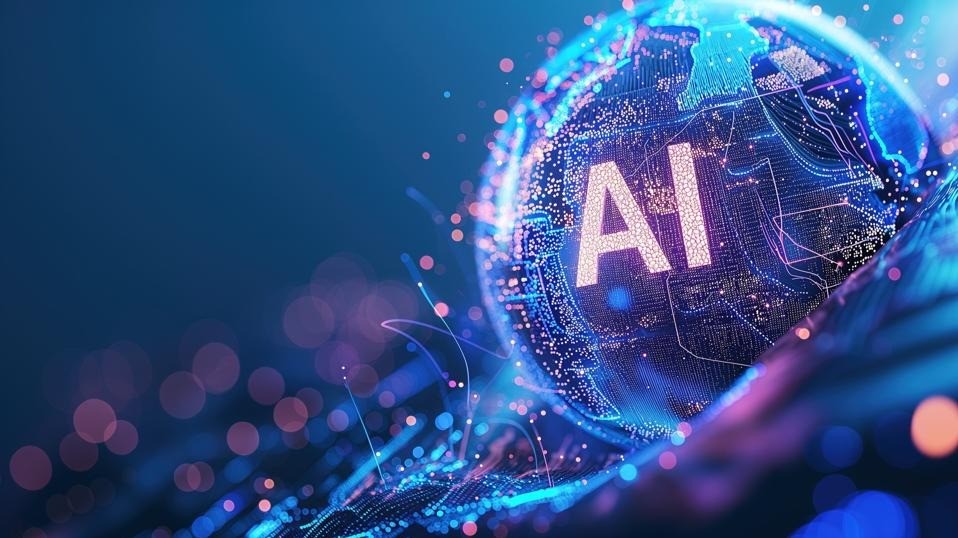
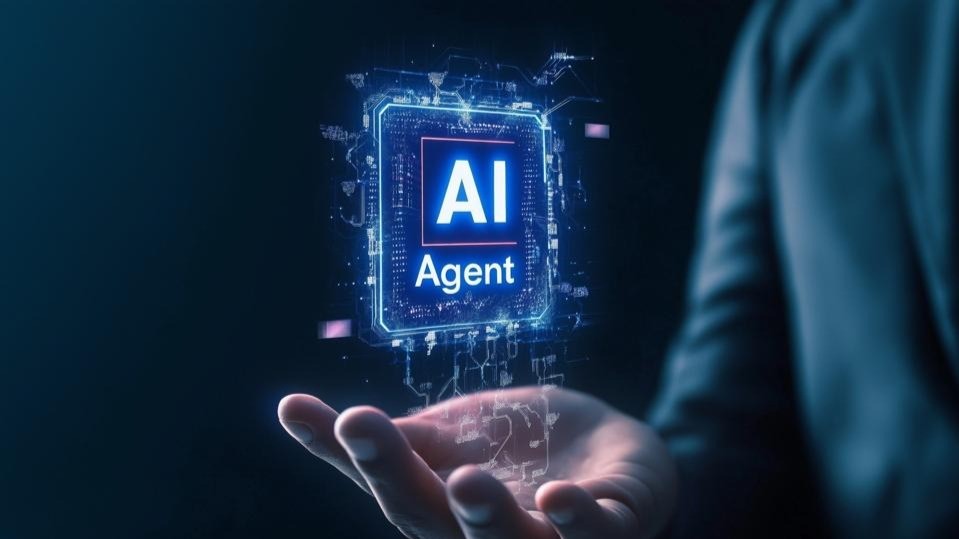
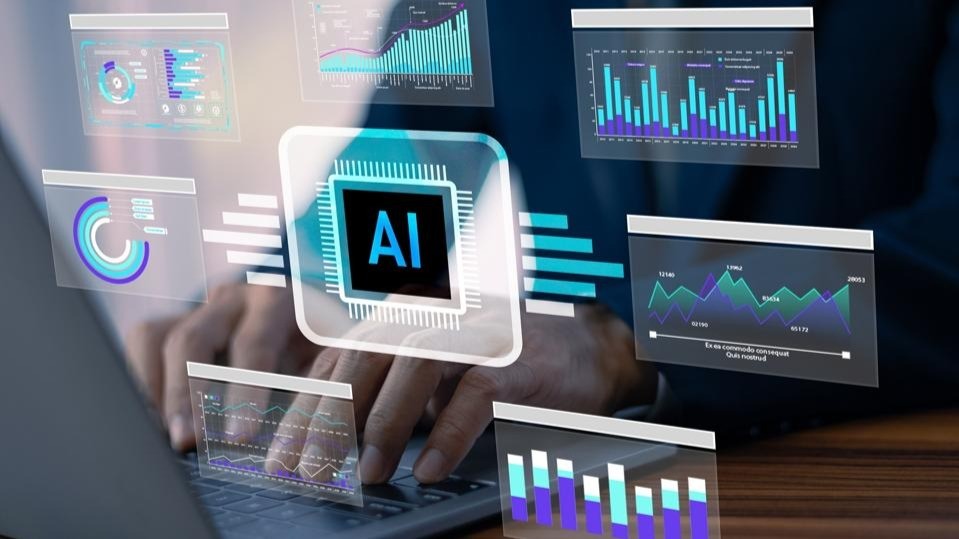

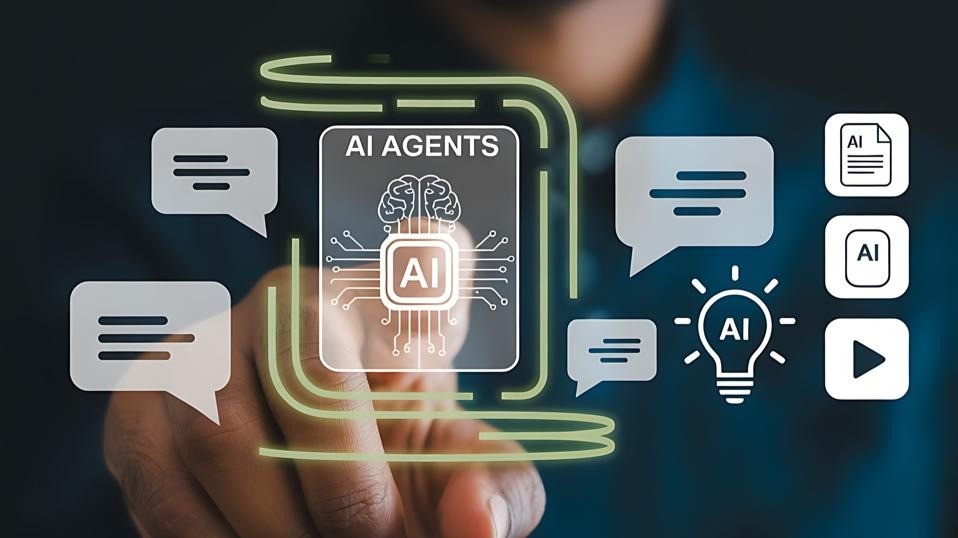
Social Media